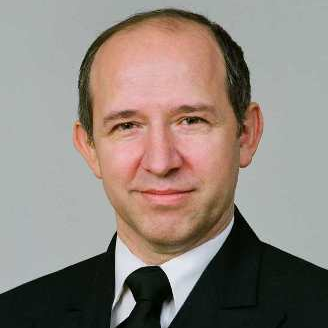Recent Advances in Power Electronics and Wireless Power Transfer Systems
A special issue of Energies (ISSN 1996-1073). This special issue belongs to the section "F3: Power Electronics".
Deadline for manuscript submissions: 4 September 2024 | Viewed by 1897
Special Issue Editors
Interests: power electronics; power converters; wireless power transfer; energy storage technology; magnetic elements; modelling electronic components
Special Issues, Collections and Topics in MDPI journals
Interests: power electronics; power converters; wireless power transfer; energy storage technology; magnetic elements; modelling electronic components and systems; IGBT; MOSFET; BJT; power LEDs; electrothermal analysis
Special Issues, Collections and Topics in MDPI journals
Special Issue Information
Dear Colleagues,
Recently, there has been a significant interest in wireless power transfer systems. They are widely used not only in the electronics industry but also in the automotive and medical industries. In each case, the aim is to miniaturize these systems while maintaining their high energy efficiency. Such systems, in general, apart from the transmitter and the receiver, also contain different types of power conversion systems that affect the value of the transferred and converted power, and thus, the energy efficiency of such a solution.
The effect of miniaturization is also observed in modern power electronic systems. Increasing the switching frequency of switching devices imposes limitations on the applicability of some semiconductor devices and increases the power losses in magnetic elements. This is also accompanied by an increase in the internal temperature of the electronic components included in these systems.
Therefore, the purpose of this Special Issue is to indicate new trends and research in the field of new power electronic solutions and wireless power supply systems.
Prof. Dr. Kalina Detka
Prof. Dr. Krzysztof Górecki
Guest Editors
Manuscript Submission Information
Manuscripts should be submitted online at www.mdpi.com by registering and logging in to this website. Once you are registered, click here to go to the submission form. Manuscripts can be submitted until the deadline. All submissions that pass pre-check are peer-reviewed. Accepted papers will be published continuously in the journal (as soon as accepted) and will be listed together on the special issue website. Research articles, review articles as well as short communications are invited. For planned papers, a title and short abstract (about 100 words) can be sent to the Editorial Office for announcement on this website.
Submitted manuscripts should not have been published previously, nor be under consideration for publication elsewhere (except conference proceedings papers). All manuscripts are thoroughly refereed through a single-blind peer-review process. A guide for authors and other relevant information for submission of manuscripts is available on the Instructions for Authors page. Energies is an international peer-reviewed open access semimonthly journal published by MDPI.
Please visit the Instructions for Authors page before submitting a manuscript. The Article Processing Charge (APC) for publication in this open access journal is 2600 CHF (Swiss Francs). Submitted papers should be well formatted and use good English. Authors may use MDPI's English editing service prior to publication or during author revisions.
Keywords
- power semiconductor devices
- air core transformers
- wireless power transfer
- WPT systems
- power supply
- power converters
- pulse transformers
- inductors
- thermal parameters
- modeling
- measurements
- reliability






